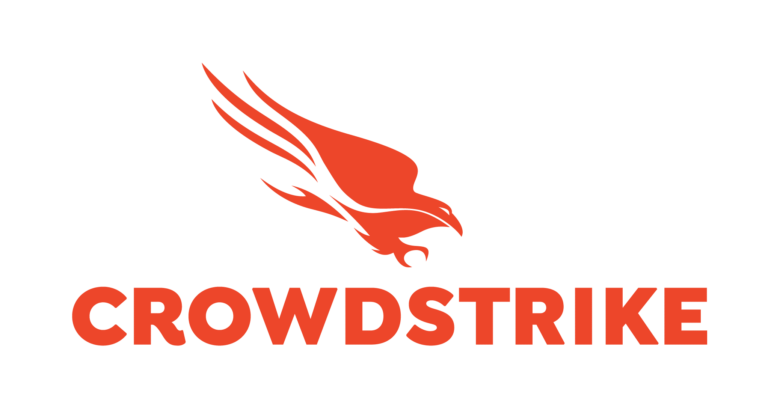The Rise of AI Crawlers and Their Impact
AI crawlers, also known as web scraping bots or web spiders, have become an integral part of the data collection ecosystem. These automated programs navigate through websites, extracting valuable information and providing insights to businesses and researchers. The use of AI crawlers has exponentially grown due to their ability to quickly gather large amounts of data, enabling organizations to make data-driven decisions and gain a competitive edge. However, the rise of AI crawlers has also raised concerns, leading many major websites to implement measures to block these bots.
Understanding the Need for Blocking AI Crawlers
Blocking AI crawlers on major websites has become necessary for various reasons. Firstly, these bots can cause significant strain on the infrastructure and resources of a website. The excessive requests made by AI crawlers can overload servers, resulting in slower load times and decreased performance for human users. Secondly, AI crawlers can potentially violate copyright laws and terms of service by scraping data without permission. This unauthorized use of content can harm the reputation and revenue of websites, leading to legal consequences. Lastly, blocking AI crawlers helps protect user privacy by limiting the access of automated programs to personal information available on websites.
Implications of Blocking AI Crawlers on Major Websites
Blocking AI crawlers on major websites can have both positive and negative implications. On the positive side, it helps ensure that websites maintain optimal performance for human users, enhancing user experience. By reducing the strain on servers, websites can deliver content faster and more efficiently. Additionally, blocking AI crawlers can protect the intellectual property of websites, preventing unauthorized data extraction and use. However, there are also drawbacks to blocking AI crawlers. Researchers and businesses relying on these bots for data collection may face challenges in accessing accurate and up-to-date information. This can hamper their ability to make informed decisions and stay competitive in their respective fields. Furthermore, blocking AI crawlers may limit the availability of data for public use, potentially hindering innovation and research.
Trends in Blocking AI Crawlers: Strategies and Techniques
Website administrators and developers have employed various strategies and techniques to block AI crawlers. One common approach is the use of CAPTCHA challenges, which require users to prove their human identity before accessing a website’s content. CAPTCHA challenges are effective in distinguishing between human users and automated bots, as they require cognitive abilities that AI crawlers lack. Another technique is the implementation of IP-based blocking, where certain IP addresses associated with known AI crawler activity are denied access to the website. Additionally, websites may use rate limiting, which restricts the number of requests a user can make within a specific time frame, preventing excessive crawling. These strategies aim to deter or restrict AI crawlers while allowing legitimate human users to access websites seamlessly.
Evaluating the Ethics and Legality of Blocking AI Crawlers
The ethics and legality of blocking AI crawlers are subjects of debate. On one hand, websites have the right to protect their resources and intellectual property from unauthorized data scraping. Blocking AI crawlers can be seen as a reasonable measure to maintain the integrity and functionality of a website. However, concerns arise when blocking AI crawlers restricts access to public data or impairs research efforts. It is crucial to strike a balance between protecting website owners’ rights and fostering an open and collaborative environment for data-driven innovation. Legal frameworks need to be established to define the boundaries and responsibilities of both website owners and AI crawler operators, ensuring fair and ethical practices.
Future Outlook: Balancing Access and Privacy in AI Crawling
In the future, finding a balance between access and privacy in AI crawling will be paramount. Website owners must continue to explore innovative techniques to block AI crawlers effectively without hindering legitimate users’ access. This may involve the development of more sophisticated and adaptive blocking mechanisms that can accurately differentiate between malicious bots and legitimate crawlers. Additionally, collaborations between website owners, researchers, and policymakers are essential to create guidelines and regulations that protect privacy while allowing for responsible and ethical data scraping. Striving for a harmonious coexistence between AI crawlers and major websites will pave the way for a sustainable and inclusive digital ecosystem.
The blocking of AI crawlers on major websites is a complex issue with far-reaching implications. While it helps protect website resources, intellectual property, and user privacy, it also raises concerns about data availability and hindering innovation. Striking the right balance between access and privacy is crucial for the future of AI crawling. By leveraging innovative strategies and establishing ethical and legal frameworks, website owners, researchers, and policymakers can create an environment that encourages responsible and fair data scraping practices while safeguarding the interests of all stakeholders. Ultimately, the future of AI crawling lies in finding solutions that promote transparency, accountability, and collaboration.




